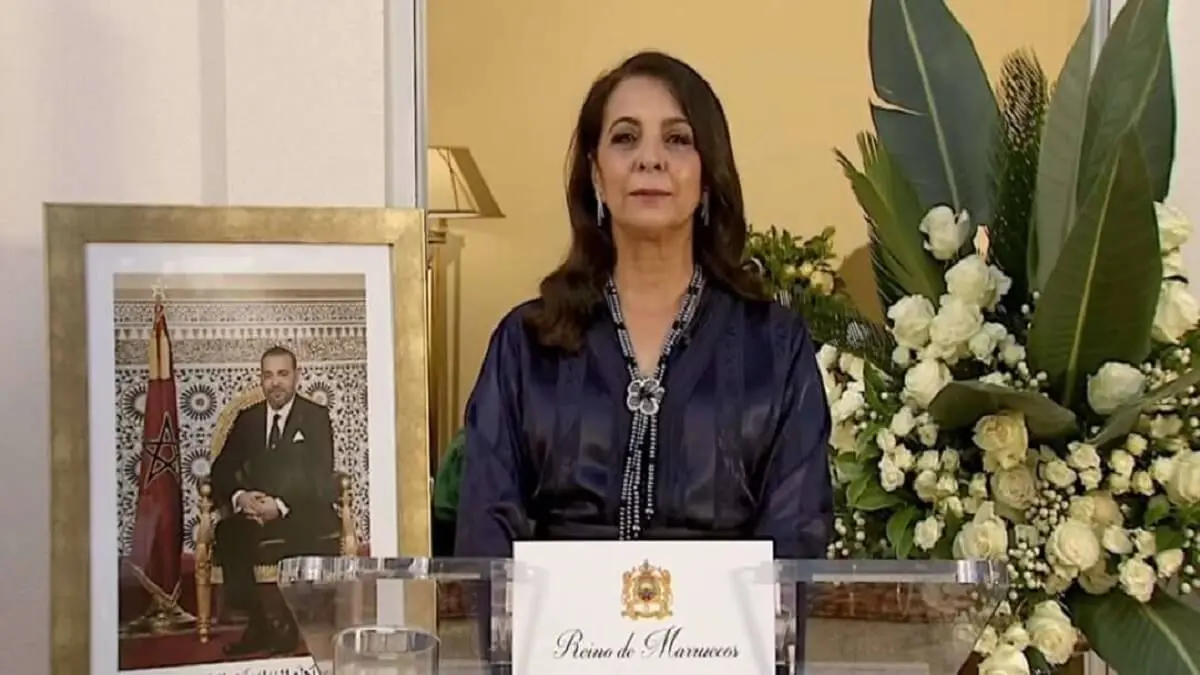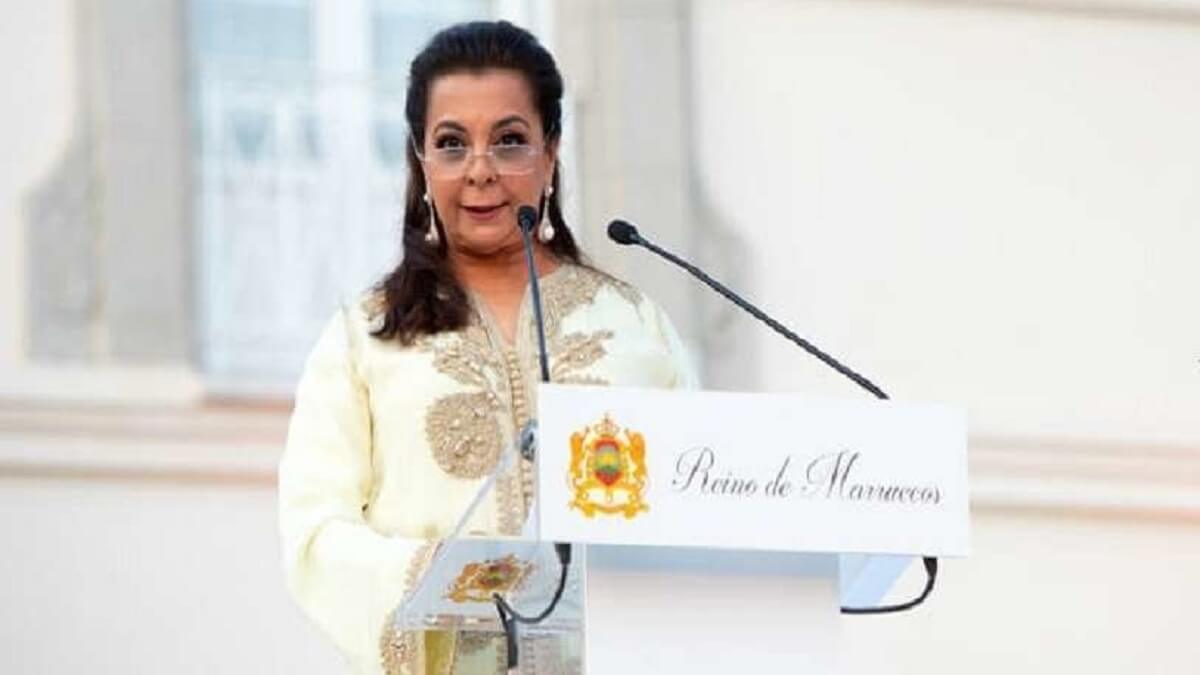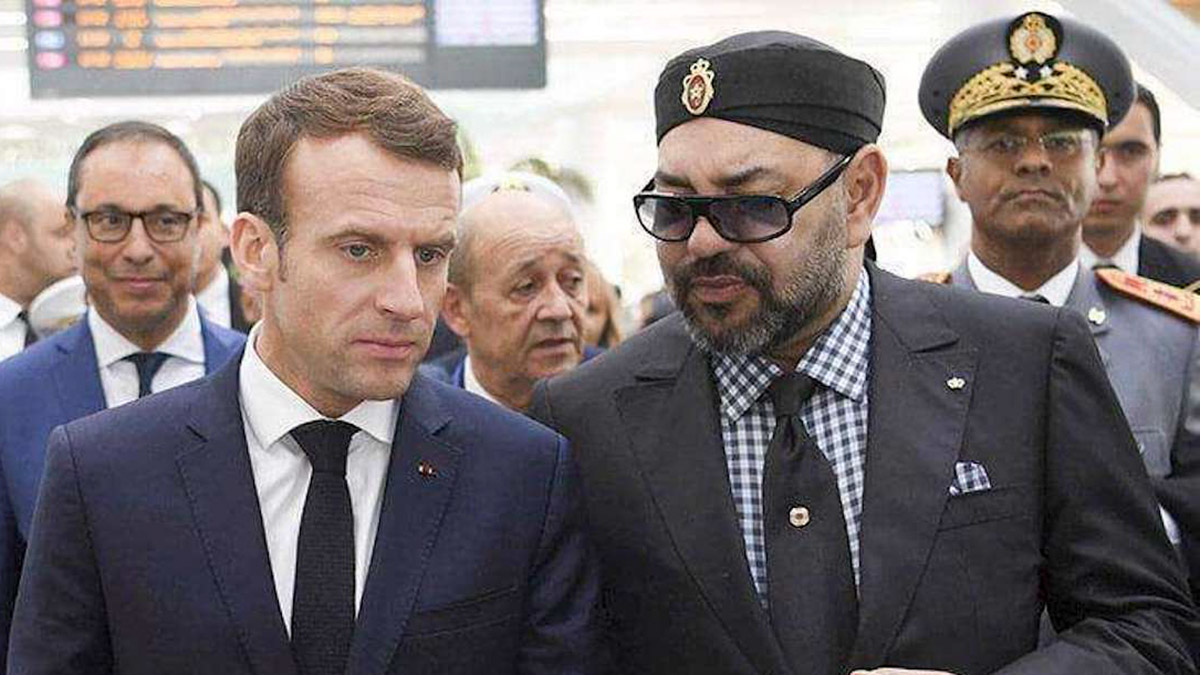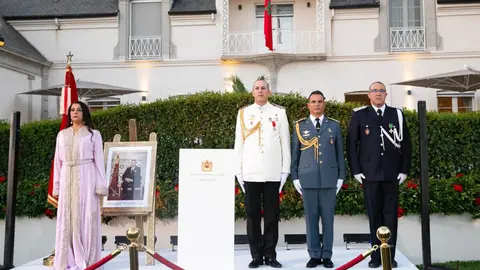Morocco's Ambassador Karima Benyaich remains in Spain

Karima Benyaich will continue as ambassador of the Kingdom of Morocco in Spain, thus refuting some rumours that spoke of the end of her diplomatic work in Madrid, where she has been a key player in resolving the political crisis between the two neighbouring countries.
A crisis that ended with the letter sent by the Spanish Prime Minister, Pedro Sánchez, to the King of Morocco, Mohamed VI, in which he recognised that the Moroccan proposal for a broad autonomy for the Sahara under Moroccan sovereignty was "the most serious, realistic and credible solution".
The Council of Ministers presided over by King Mohammed VI on Thursday approved a series of senior appointments, including new ambassadors in Paris, marking a new stage in relations between the two governments, Washington and Beijing, as well as three multilateral conventions with the Council of Europe on the fight against corruption.

The Council also approved changes in the King's representatives in the regions, known as walis, and several governors in relevant areas such as Tangiers, Casablanca and Marrakesh, among others.
The appointments of new ambassadors in frontline posts such as France, the United States and China represent a notable renewal that aims to give a new boost to the foreign policy pursued by Foreign Minister Nasser Bourita, which has brought such good fruits to Moroccan interests on the Sahara on the international scene, and the confirmation in her post in Spain for a new term of Karima Benyaich, who arrived in Madrid in 2018 as the first woman to hold this post in the history of Moroccan diplomacy.
الله يخليه لينا ... كاع ما يعطينا
— Leɛyun 🇲🇦 ۞ (@5_ersito) October 19, 2023
صاحب الجلالة الملك #محمد_السادس يترأس مجلسا وزاريا بالرباط ❤️🇲🇦 pic.twitter.com/qbLUw7jTcP
Karima Benyaich has confirmed to Atalayar that she will continue as Morocco's ambassador to Spain and said that "it is an honour to continue working in Spain further consolidating relations between the two countries, which is very important for both parties".

At the proposal of the head of government and on the initiative of the Minister of Foreign Affairs, African Cooperation and Moroccans Resident Abroad, King Mohammed VI has also appointed new ambassadors in other countries. Ahmed Tazi was appointed Ambassador of the Kingdom to the United Arab Emirates, Fouad Akhrif to the Hashemite Kingdom of Jordan and Mohamed Ait Ouali to the Arab Republic of Egypt.
The decision to appoint the audiovisual journalist Samira Sitaïl as the new ambassador to France means that relations between the two governments have entered a new phase, as the Moroccan embassy in Paris had been vacant since the royal decision of 19 January to end the tenure of its ambassador, Mohamed Benchaaboun.
The appointment of the Franco-Moroccan journalist and director of information for the Moroccan national channel 2M, Samira Sitaïl, as the Kingdom of Morocco's new ambassador to France will mark a new stage in the recovery and resumption of bilateral relations between the two countries after a crisis that had greatly affected both political and economic ties between the two neighbours.

The new appointments have also included the Moroccan Embassy in the United States, where the post of ambassador has gone to Youssef Amrani, a Moroccan diplomat and politician, chargé de mission in the Royal Cabinet since 11 October 2013, and former Moroccan consul general in Barcelona.
For the Moroccan Embassy in China, the person chosen is Abdelkader El Ansari.
In keeping with its international commitments, Morocco adopted three multilateral conventions during the Council of Ministers session of Thursday 19 October, two of which are part of Morocco's gradual accession to the Council of Europe's legal mechanisms open to non-member states. These are the Civil Law Convention on Corruption and the Criminal Law Convention on Corruption.
It is worth mentioning that the necessary comments and reservations will be submitted later in this respect in relation to rules that contradict national legislation.
As for the third convention, it is a protocol adopted by the International Civil Aviation Organisation (ICAO), with a view to enlarging the membership of the Council of the Organisation and of its Air Navigation Committee.









